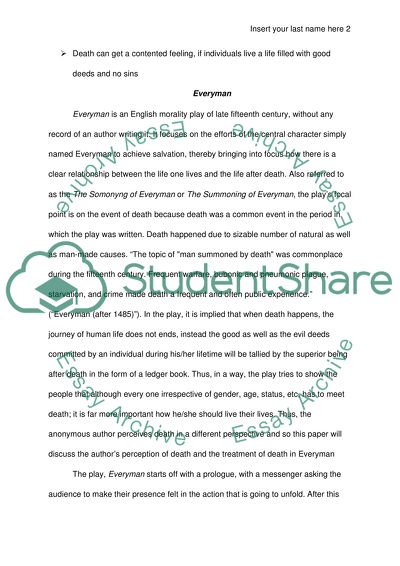Cite this document
(“Everymany Research Paper Example | Topics and Well Written Essays - 1500 words”, n.d.)
Retrieved from https://studentshare.org/english/1439641-everyman
Retrieved from https://studentshare.org/english/1439641-everyman
(Everymany Research Paper Example | Topics and Well Written Essays - 1500 Words)
https://studentshare.org/english/1439641-everyman.
https://studentshare.org/english/1439641-everyman.
“Everymany Research Paper Example | Topics and Well Written Essays - 1500 Words”, n.d. https://studentshare.org/english/1439641-everyman.


